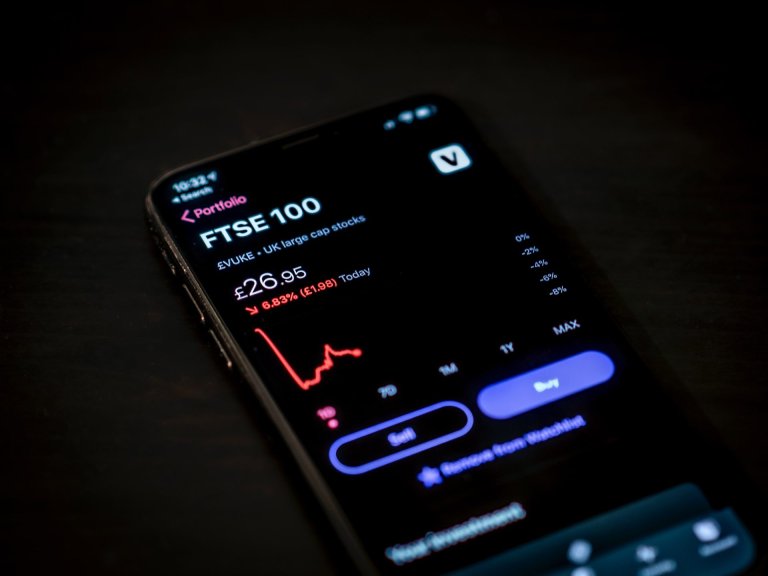Weak global growth, lacklustre equity markets, low inflation and geopolitical tensions made bonds the safe asset of choice during the first half of 2014, according to Pierre Bose, head of fixed income for Europe at Coutts private bank.
This pushed up bond prices, Bose said, and with bond yields (which move inversely to price) now very low, investors have little to cushion returns should prices fall, which increases the risk of holding bonds.
“We are generally underweight bonds given our positive view on global growth, which favours equities over bonds, and their high valuations,” said Bose. “We express this underweight primarily through our positions in government and investment-grade bonds.
“Within the government sector we remain underweight US Treasuries and UK gilts. We prefer Europe, in particular the peripheral markets, where improving fundamentals and the European Central Bank finally taking action make bonds attractive, even after a substantial rally.
“However, at these levels, European government bonds look less attractive than dollar and sterling corporate bonds with a similar risk rating, making us reluctant to increase our European positions.
“The strong performance of investment-grade bonds – an area we have long favoured – now provides an opportunity to reallocate from this sector to more attractively valued and higher-yielding markets. One such market in which we’ve maintained our modest positioning is high-yield debt.
“Another higher-yielding market we believe still offers attractive opportunities is emerging-market debt. We prefer to allocate risk selectively to some higher-quality Asian corporate credits and emerging debt markets which offer yields that are attractive relative to their risk. These are primarily dollar-denominated sovereign and investment-grade bonds.
“We believe such a diversified allocation of bonds, offering high yields relative to their credit rating, will deliver sound returns.”
























